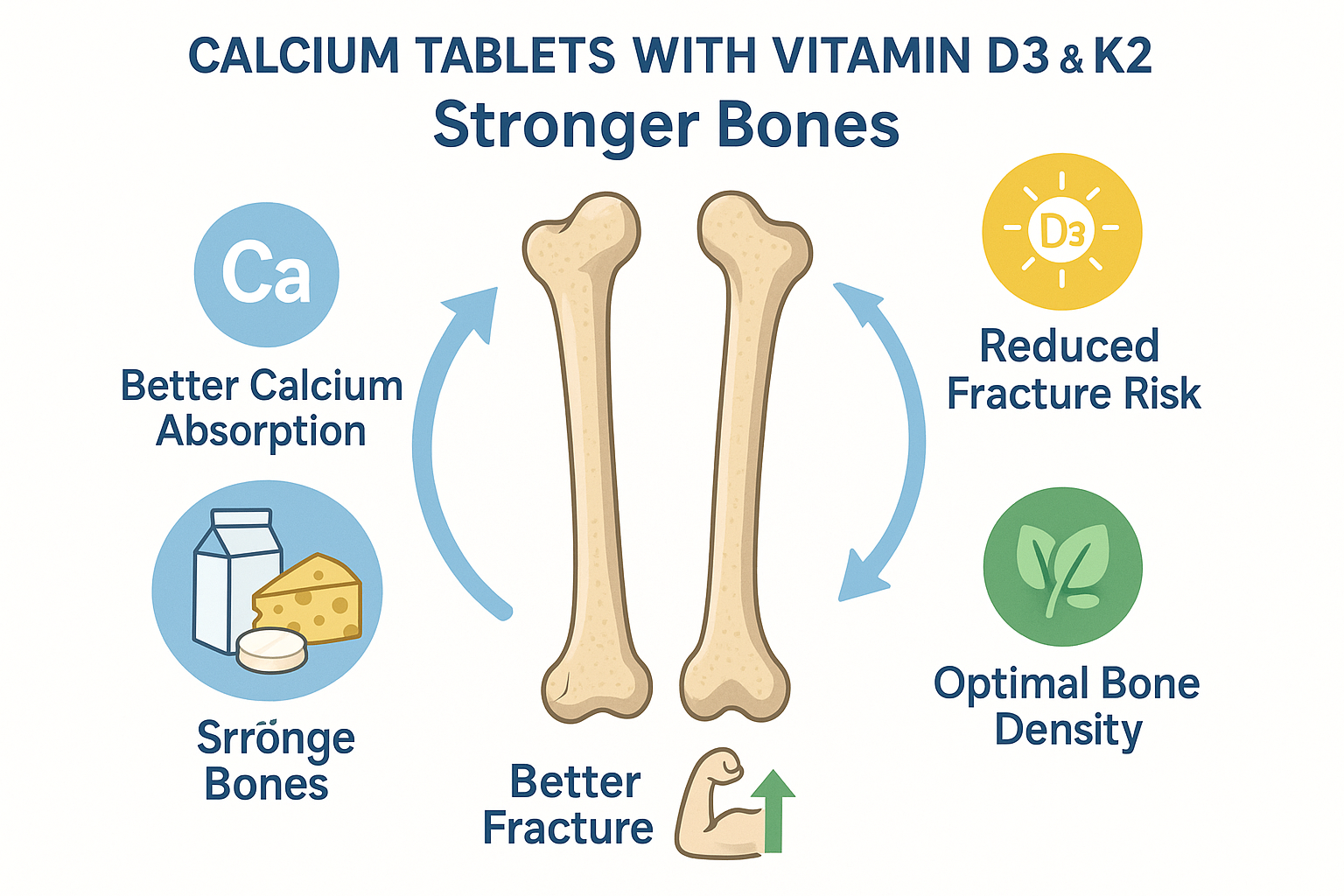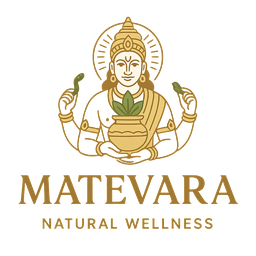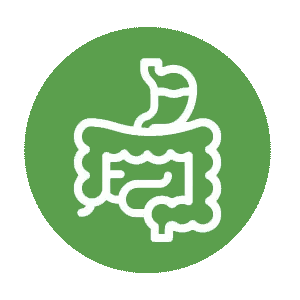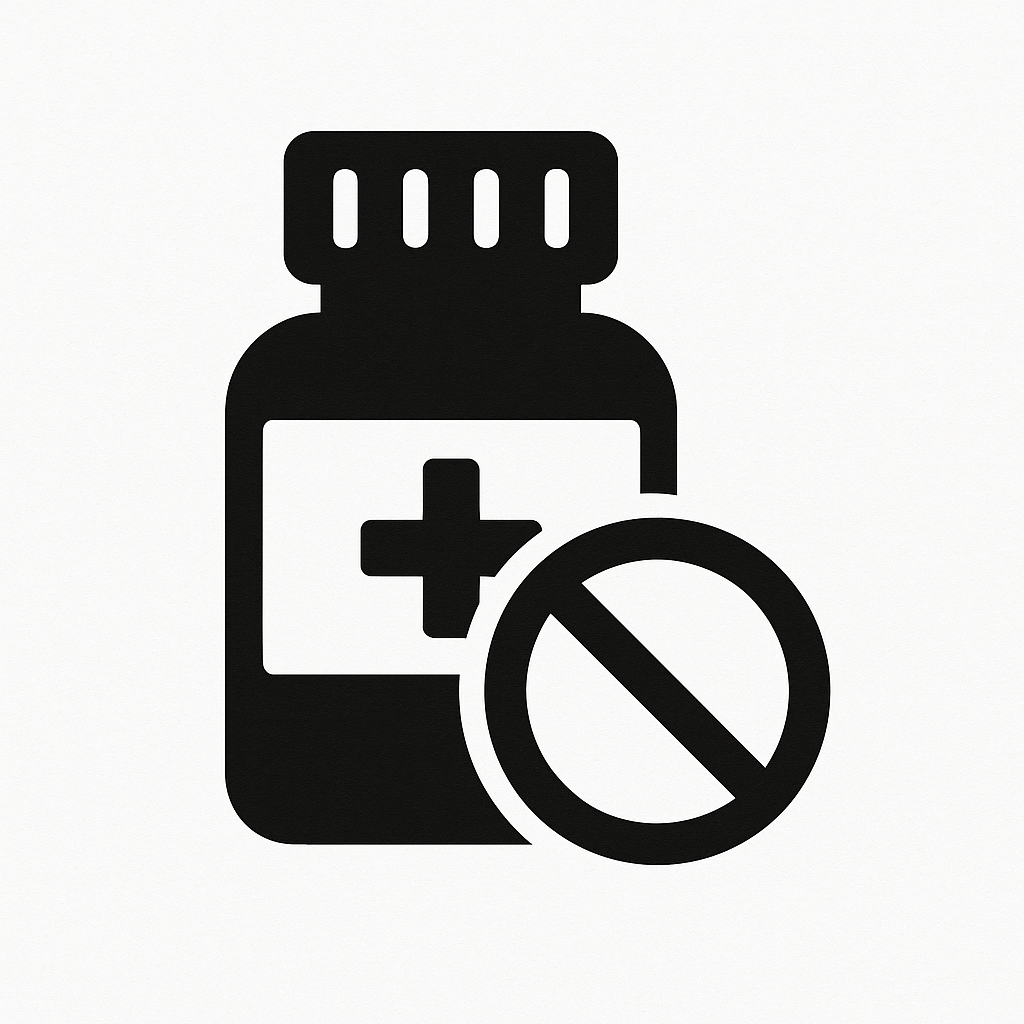
Top 7 Benefits of Calcium Tablets with Vitamin D3 & K2 for Bone Health
The Bone Health Crisis
Bone health is one of the most overlooked aspects of wellness until problems arise. Did you know that osteoporosis affects over 200 million people worldwide, with fractures occurring every three seconds? While calcium has long been recognized as essential for bone strength, recent scientific research reveals that calcium alone isn't enough. The real game-changer for bone health lies in the synergistic combination of calcium with vitamins D3 and K2.
This powerful trio works together in a coordinated dance within your body. Calcium provides the building blocks, vitamin D3 ensures calcium is absorbed efficiently, and vitamin K2 directs that calcium to your bones rather than soft tissues where it could cause harm. Understanding this relationship is crucial for anyone serious about maintaining strong, healthy bones throughout their lifetime.
In this comprehensive guide, we'll explore the top seven benefits of taking calcium tablets with vitamin D3 and K2, backed by scientific evidence and expert recommendations.
Benefit 1: Enhanced Calcium Absorption and Bioavailability
The Problem with Calcium Alone
Many people take calcium supplements without realizing that their bodies may only absorb 20-30% of the calcium consumed. This poor absorption rate means that even high-dose calcium supplements may not deliver the bone-strengthening benefits you expect.
How Vitamin D3 Changes Everything
Vitamin D3 (cholecalciferol) is the key that unlocks calcium absorption in your intestines. This fat-soluble vitamin increases the production of calcium-binding proteins in your intestinal cells, effectively creating more "doorways" for calcium to enter your bloodstream. Studies show that adequate vitamin D3 levels can increase calcium absorption by up to 65%.
Without sufficient vitamin D3, most of the calcium you consume simply passes through your digestive system unused. This is why the combination of calcium with vitamin D3 is far more effective than calcium supplementation alone.
The Science Behind It
Research published in the Journal of Clinical Endocrinology & Metabolism demonstrates that individuals with vitamin D deficiency absorb only 10-15% of dietary calcium, compared to 30-40% in those with optimal vitamin D levels. This dramatic difference explains why vitamin D3 is absolutely essential for anyone taking calcium supplements.
Benefit 2: Proper Calcium Distribution with Vitamin K2
The Calcium Paradox
Here's a troubling reality: it's possible to have weak bones and calcified arteries at the same time. This phenomenon, known as the "calcium paradox," occurs when calcium is deposited in soft tissues like arteries instead of bones where it belongs. This is where vitamin K2 becomes crucial.
Vitamin K2: The Traffic Director
Vitamin K2, specifically the MK-7 form (menaquinone-7), acts like a traffic controller for calcium in your body. It activates two important proteins:
- Osteocalcin: Binds calcium to the bone matrix, strengthening bones
- Matrix GLA-protein (MGP): Prevents calcium from depositing in arteries and soft tissues
Without adequate vitamin K2, calcium can accumulate in the wrong places, potentially contributing to arterial stiffness and cardiovascular issues while simultaneously leaving bones deficient.
Clinical Evidence
The Rotterdam Study, a landmark research project following over 4,800 participants for seven years, found that those with the highest vitamin K2 intake had a 52% lower risk of severe arterial calcification and a 57% lower risk of dying from heart disease. This demonstrates that K2 doesn't just support bone health—it actively protects your cardiovascular system by ensuring calcium goes where it should.
Benefit 3: Reduced Risk of Osteoporosis and Fractures
Understanding Osteoporosis
Osteoporosis, literally meaning "porous bones," is a condition where bones become weak and brittle, increasing fracture risk dramatically. Hip fractures alone affect over 300,000 Americans annually, with many never fully recovering their independence.
The Triple Defense Against Bone Loss
When calcium, D3, and K2 work together, they create a comprehensive defense against osteoporosis:
- Calcium provides the mineral density bones need
- Vitamin D3 ensures that calcium reaches your bloodstream
- Vitamin K2 directs calcium into bone tissue and activates bone-building proteins
Research Findings
A three-year study published in Osteoporosis International found that postmenopausal women taking calcium with vitamins D3 and K2 experienced significantly less bone density loss compared to those taking calcium alone. The combination group showed improved bone quality markers and reduced fracture risk by up to 30%.
Japanese research, where K2-rich natto is a dietary staple, consistently shows lower osteoporosis rates compared to Western populations with lower K2 intake. Studies of Japanese women taking vitamin K2 supplements demonstrated increased bone mineral density and reduced fracture incidence over three years.
Benefit 4: Support for Cardiovascular Health
The Heart-Bone Connection
While we often think of bone health and heart health as separate concerns, they're intimately connected through calcium metabolism. The same combination that strengthens your bones also protects your cardiovascular system.
How K2 Protects Your Heart
Vitamin K2's activation of Matrix GLA-protein (MGP) is crucial for preventing arterial calcification—the hardening of arteries that contributes to heart disease. When arteries become calcified, they lose flexibility, leading to high blood pressure and increased cardiovascular risk.
Studies show that higher vitamin K2 intake correlates with:
- Reduced arterial stiffness
- Lower blood pressure
- Decreased coronary calcification
- Reduced cardiovascular mortality risk
The Vitamin D3 Advantage
Vitamin D3 also contributes to heart health by:
- Regulating blood pressure through the renin-angiotensin system
- Reducing inflammation in blood vessels
- Supporting healthy endothelial function
- Improving insulin sensitivity
Research from the American Journal of Cardiology indicates that individuals with optimal vitamin D levels have a 30% lower risk of cardiovascular events compared to those with deficiency.
Benefit 5: Improved Muscle Strength and Physical Performance
Beyond Bones: The Muscle Connection
Strong bones need strong muscles to support them. The calcium-D3-K2 combination doesn't just build bones—it enhances muscle function and physical performance.
Vitamin D3's Role in Muscle Function
Vitamin D receptors are found throughout muscle tissue, where D3:
- Supports muscle protein synthesis
- Enhances muscle contraction efficiency
- Reduces muscle weakness and pain
- Improves balance and coordination
- Reduces fall risk in older adults
Studies show that vitamin D3 supplementation can improve muscle strength by 15-20% in deficient individuals, which directly translates to reduced fall risk and fewer fractures.
Calcium's Contribution
Calcium is essential for muscle contraction. When you flex a muscle, calcium ions trigger the sliding filament mechanism that produces movement. Adequate calcium levels ensure optimal muscle function and reduce cramps and spasms.
Real-World Impact
Research published in the Journal of Bone and Mineral Research found that older adults supplementing with calcium, D3, and K2 experienced:
- 25% improvement in lower body strength
- 30% reduction in fall risk
- Better physical performance scores
- Enhanced quality of life measures
Benefit 6: Enhanced Dental Health
Teeth Are Bones Too
Your teeth and jaw are part of your skeletal system and require the same nutritional support as other bones. The calcium-D3-K2 combination provides comprehensive oral health benefits often overlooked in discussions about bone health.
How the Trio Supports Dental Health
Calcium: Provides the mineral content for tooth enamel and jawbone density Vitamin D3: Enhances calcium absorption for tooth remineralization and supports gum health Vitamin K2: Activates osteocalcin in tooth dentin, strengthening teeth from within
Clinical Evidence
Studies have shown that adequate vitamin K2 intake is associated with:
- Reduced tooth decay
- Stronger tooth enamel
- Better jawbone density for dental implant success
- Reduced periodontal disease risk
Vitamin D3 deficiency has been linked to increased cavity risk, gum disease, and tooth loss. Supplementing with D3 supports immune function in the mouth, helping fight bacteria that cause dental problems.
Benefit 7: Support During Critical Life Stages
Pregnancy and Lactation
Pregnancy dramatically increases calcium needs as the developing baby builds their entire skeleton. The calcium-D3-K2 combination:
- Protects maternal bone density during pregnancy
- Supports fetal skeletal development
- Reduces pregnancy-related bone loss
- Supports healthy birth weight
- Ensures adequate calcium in breast milk
Research shows that mothers with adequate vitamin D levels have babies with better bone mineralization and reduced rickets risk.
Growing Children and Adolescents
Peak bone mass is built during childhood and adolescence—up to 90% of adult bone mass is accumulated by age 18. The calcium-D3-K2 combination:
- Maximizes peak bone mass development
- Supports rapid skeletal growth
- Promotes proper tooth development
- Reduces fracture risk during active years
Menopause and Aging
Women lose up to 20% of bone density in the five to seven years following menopause due to declining estrogen levels. This is when calcium-D3-K2 supplementation becomes critical:
- Slows postmenopausal bone loss
- Maintains bone quality and strength
- Reduces fracture risk
- Supports overall health and vitality
Studies show that women who begin supplementation at menopause maintain significantly better bone density compared to those who start later or don't supplement at all.
Senior Years
Older adults face multiple challenges: reduced calcium absorption, decreased vitamin D synthesis from sunlight, lower dietary vitamin K2 intake, and increased bone resorption. Comprehensive supplementation with calcium-D3-K2:
- Compensates for age-related absorption decline
- Maintains bone density
- Reduces fall and fracture risk
- Supports independence and quality of life
Choosing the Right Supplement
What to Look For
When selecting a calcium supplement with D3 and K2, consider:
Calcium Form: Calcium citrate or calcium carbonate (citrate is better absorbed, especially for those over 50)
Vitamin D3 Dosage: Look for 1000-2000 IU per serving, or as recommended by your healthcare provider
Vitamin K2 Type: MK-7 (menaquinone-7) is the most effective form with longer half-life than MK-4
Additional Nutrients: Some formulas include magnesium, which is also essential for bone health
Quality Assurance: Choose products that are third-party tested for purity and potency
Dosage Recommendations
While individual needs vary based on age, gender, diet, and health status, general guidelines include:
- Calcium: 1000-1200 mg daily for adults
- Vitamin D3: 1000-2000 IU daily (higher doses may be needed for deficiency)
- Vitamin K2: 90-180 mcg daily
Always consult with your healthcare provider before starting supplementation, especially if you're taking medications or have health conditions.
Lifestyle Factors That Enhance Benefits
Weight-Bearing Exercise
Exercise stimulates bone formation. Weight-bearing activities like walking, jogging, dancing, and resistance training signal your bones to build new tissue. Combined with calcium-D3-K2 supplementation, exercise maximizes bone density gains.
Adequate Protein Intake
Protein provides the structural framework for bone tissue. Ensuring adequate protein intake (0.8-1.2g per kg body weight) supports the bone-building process.
Limiting Bone-Depleting Factors
Reduce consumption of:
- Excessive caffeine (more than 3-4 cups of coffee daily)
- Alcohol (more than 1-2 drinks per day)
- Sodium (high intake increases calcium excretion)
- Processed foods with phosphoric acid (like sodas)
Sunlight Exposure
While supplementation helps, 15-20 minutes of sun exposure daily (without sunscreen) supports natural vitamin D3 production.
Take Action for Your Bone Health
Your bones are living tissue that constantly remodel throughout your life. The choices you make today determine your bone health tomorrow. Don't wait until a fracture or osteoporosis diagnosis forces your hand—take proactive steps now to build and maintain strong, healthy bones.
The synergistic combination of calcium with vitamins D3 and K2 represents one of the most effective nutritional strategies for comprehensive bone health. This powerful trio doesn't just prevent problems; it actively builds stronger bones, protects your cardiovascular system, enhances muscle function, and supports overall wellness.
Ready to strengthen your bones and support your long-term health? Explore high-quality calcium supplements with vitamin D3 and K2 at Matevara and discover products formulated with the optimal ratios of these essential nutrients.
Invest in your bone health today—your future self will thank you.
Disclaimer: This article is for informational purposes only and does not constitute medical advice. Always consult with a qualified healthcare provider before starting any new supplement regimen, especially if you have existing health conditions or take medications.
Share








